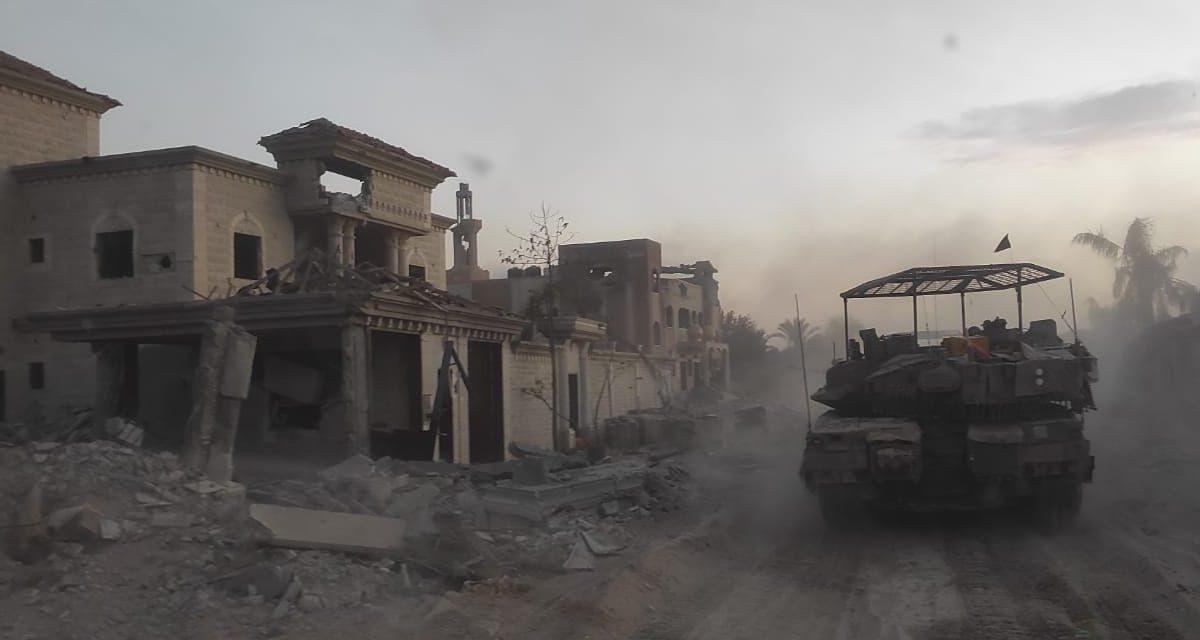For nearly two months, three powerful dynamics have converged in Gaza: lawfare, a humanitarian crisis, and urban combat. This episode of the Irregular Warfare Podcast examines those subjects and explores how they play out and influence one another in Gaza.
Our guests on the episode are retired General Joseph Votel, the distinguished chair of West Point’s Combating Terrorism Center and former commander of US Central Command, and Dr. Raphael Cohen, the director of the Strategy and Doctrine Program of RAND Project AIR FORCE. They explore Hamas’s hybrid strategy in Gaza and Israel’s traditional counterterrorism approach in the Middle East, going on to emphasize the importance of addressing lawfare and humanitarian considerations head on. They also offer recommendations about operating in urban terrain and navigating geopolitical complexities that may require the United States and its allies to reconsider their global force structure.
You can listen to the full episode below, or find it on Apple Podcasts, Stitcher, TuneIn, Spotify, or your favorite podcast app. Be sure to subscribe so you don’t miss an episode!
Image credit: Israel Defense Forces


Not a lot of comments on these podcasts, but this one was unexpectedly very good – recommend a listen.
Starting about the 19:00 minute mark the conversation covers past and current Israeli strategy, from “mowing the grass” to what I see as a national war with everything committed militarily, diplomatically, economically, etc… Good discussion on the political backlash, not much on the economic and none on the religious implications. Although not defined the conclusion was that Israel “will eventually be successful,” with current political ramifications and potential economic impacts, may be a pyrrhic victory.
It was noted that the ‘survivability of Israel and democracy has been an important interest in the region for a very long time.’ Two points: I believe the perspective from the speaker was US interests, but if from Israel’s, it makes more sense and that is why the US has been entangled in either peacekeeping operations or conflict in the Middle East for decades. The term democracy being thrown around by policy folks and military leaders needs redefining. We are far off the trail of Webster’s 1928 definition of Democracy.
Money quote, and this is referencing the Israeli-Palestinian conflict, not the Russian-Ukraine ‘this conflict should make the US rethink if it wants to remain a global power and guarantor of international security… …must think about how to react to multi-crisis in multi parts of the world all at once.’ True that from an international perspective, but from a national perspective, we currently fail at both and at some point those will converge.